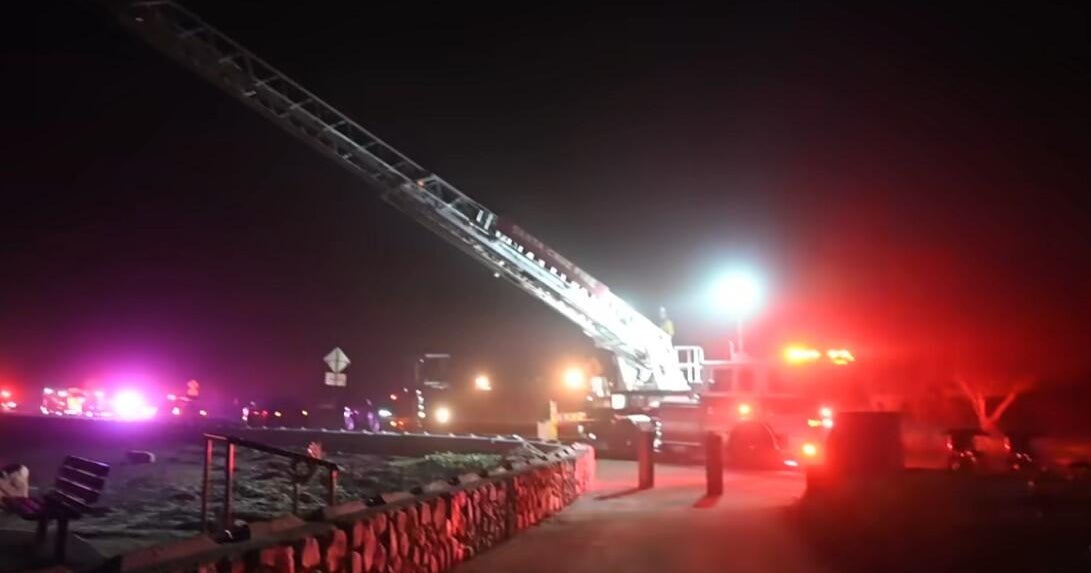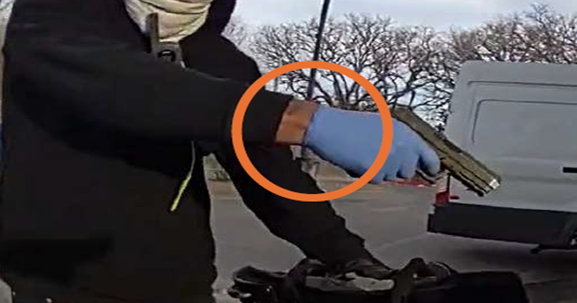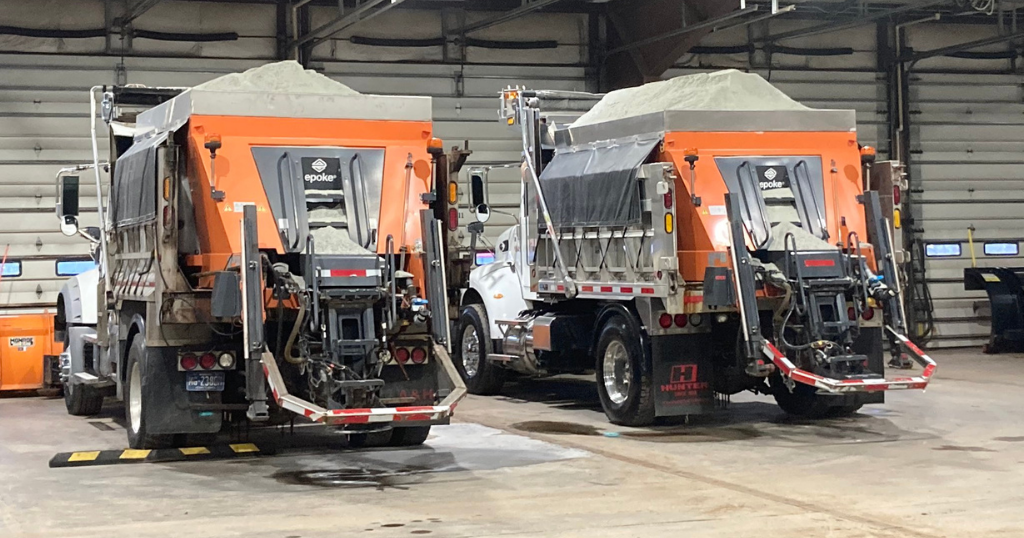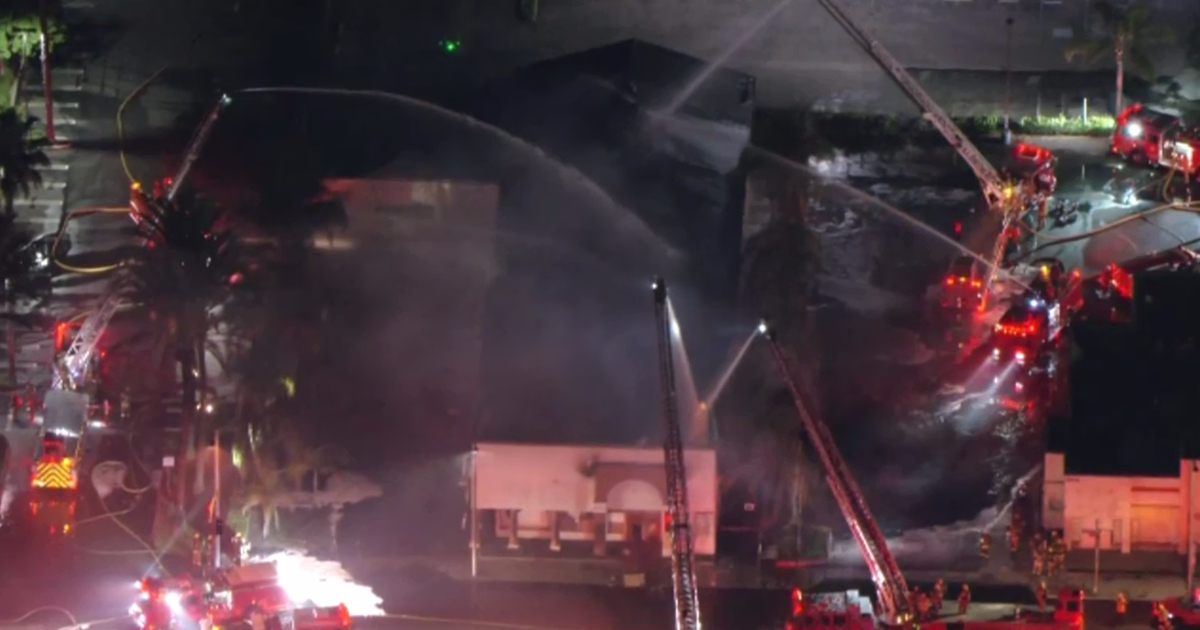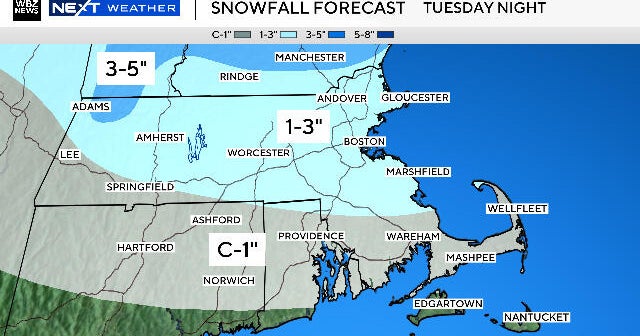Crews trying to identify banging noises in search for missing submarine
BOSTON - The Coast Guard says there may be sounds of hope from below as sonar has picked up banging noises for a second day as search crews race to find a missing submersible and its five passengers. "This is a search and rescue mission 100%," Capt. Jamie Frederick told reporters at the U.S. Coast Guard station in Boston.
The clock continues to tick as they try to identify the noises picked up by Canadian military surveillance aircraft which is helping to define the search area. "We don't know what they are to be frank," said Capt. Frederick. "The P3 detected noises that's why they're doing what they're doing putting sonar buoys in the water."
It's now an expanded search area twice the size of Connecticut and two and a half miles deep and the Coast Guard is sending in more resources both above and below the surface, while experts sort out the signals.
"The noises are described as banging noises, but we have to put the whole picture together and eliminate potential manmade sources other than Titan," said Carl Hartsfield with Woods Hole Oceanographic Institution.
The Titan vanished Sunday as it journeyed to the wreckage of the Titanic during a tourist voyage and now the group's oxygen is dwindling with mere hours left. Even as the Coast Guard has remotely operated deepwater vehicles now combing the waters and is rushing in more, University of Rhode Island oceanography professor Christopher Roman says it all takes time that's running out.
"Unfortunately, everything in the deep ocean happens slowly," Roman said. "None of the equipment headed that way is designed to operate quickly and the environment doesn't let you do that."
Captain Frederick says it's a complex mission with a search so far offshore, changing weather conditions, and coordinating multiple agencies and nations. "I can tell you the most important point that we're searching where the noises are and that's all we can do at this point," said Captain Frederick.

